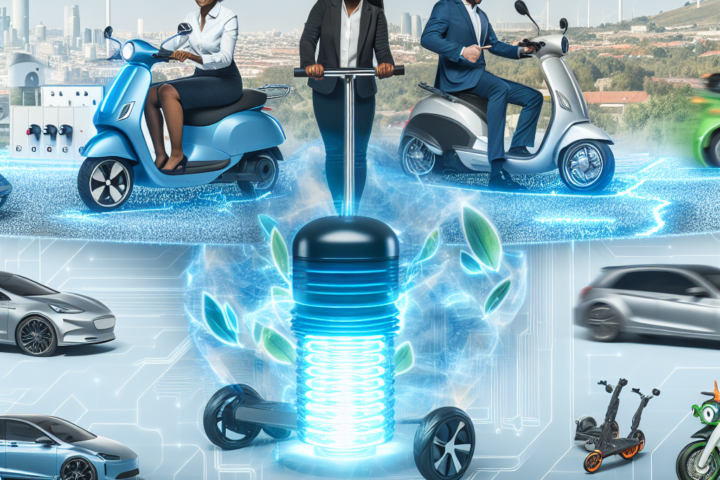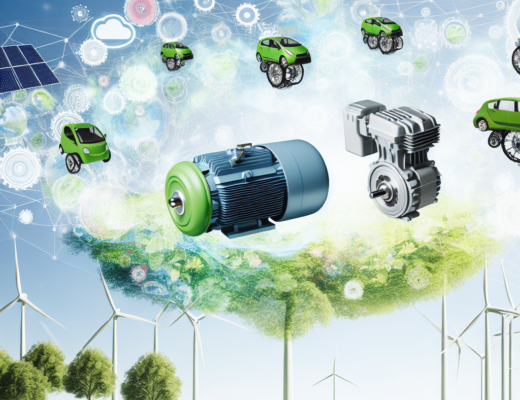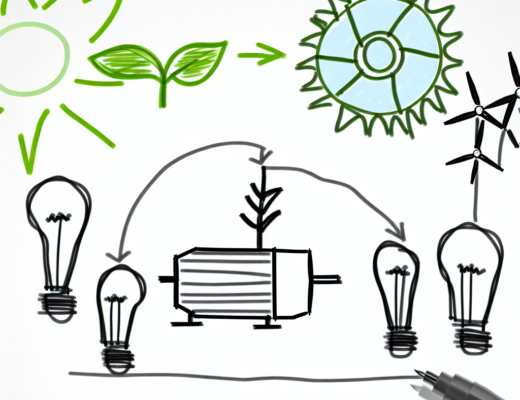Electric motors are an integral part of both commercial and industrial applications, providing the essential conversion of electrical energy into mechanical energy. This process is fundamental for a myriad of operations across various sectors including manufacturing, automotive, and consumer electronics. The efficiency and reliability of electric motors make them a preferred choice over traditional combustion engines, especially in contexts where environmental concerns and energy efficiency are paramount.
Advancements in Electric Motor Technology
The technological advancements in electric motors have not only improved their efficiency but also enhanced their applicability in renewable energy systems, such as solar panels and wind turbines. Innovations such as brushless motor technology and improved power density have opened up new possibilities in electric vehicle design and other high-demand applications. These enhancements continue to drive the widespread adoption of electric motors across various industries.
Moreover, the shift towards sustainability has prompted increased investment in research and development of more energy-efficient and durable electric motors. Companies like VYBO Electric are at the forefront of these initiatives, crafting solutions that align with modern energy standards and contribute to reduced carbon footprints. As regulations on emissions tighten globally, the role of electric motors becomes even more critical in enabling a smooth transition to greener technologies.
As we move forward, the impact of electric motors on our daily lives and global economies will undoubtedly grow. Their ability to operate quietly, efficiently, and with minimal environmental impact positions them as crucial components in the push towards an electrified future. Whether it’s in household appliances, industrial machines, or cutting-edge electric vehicles, the versatility and evolving capability of electric motors continue to revolutionize industries and foster sustainable development.




